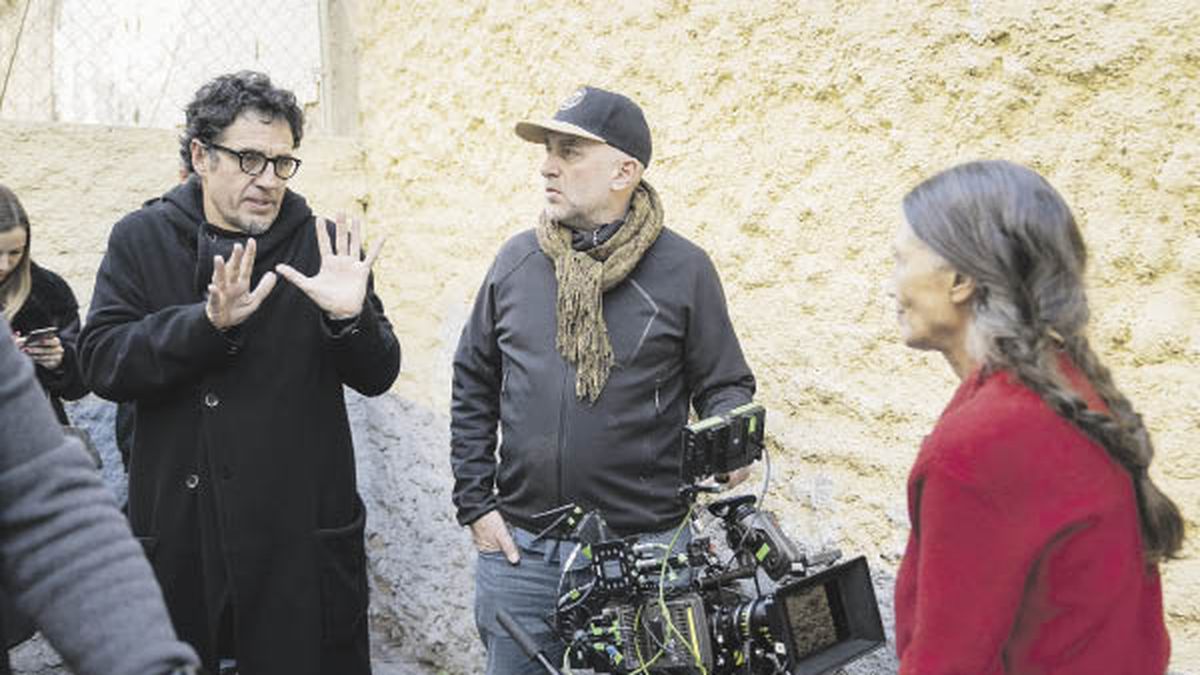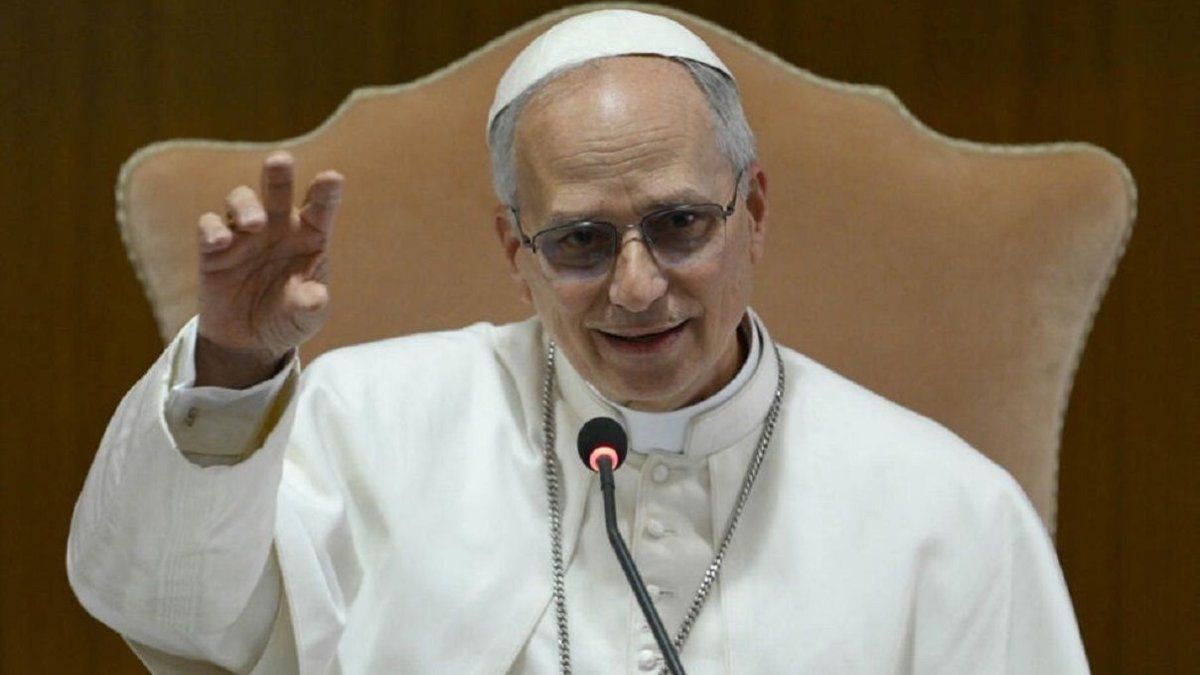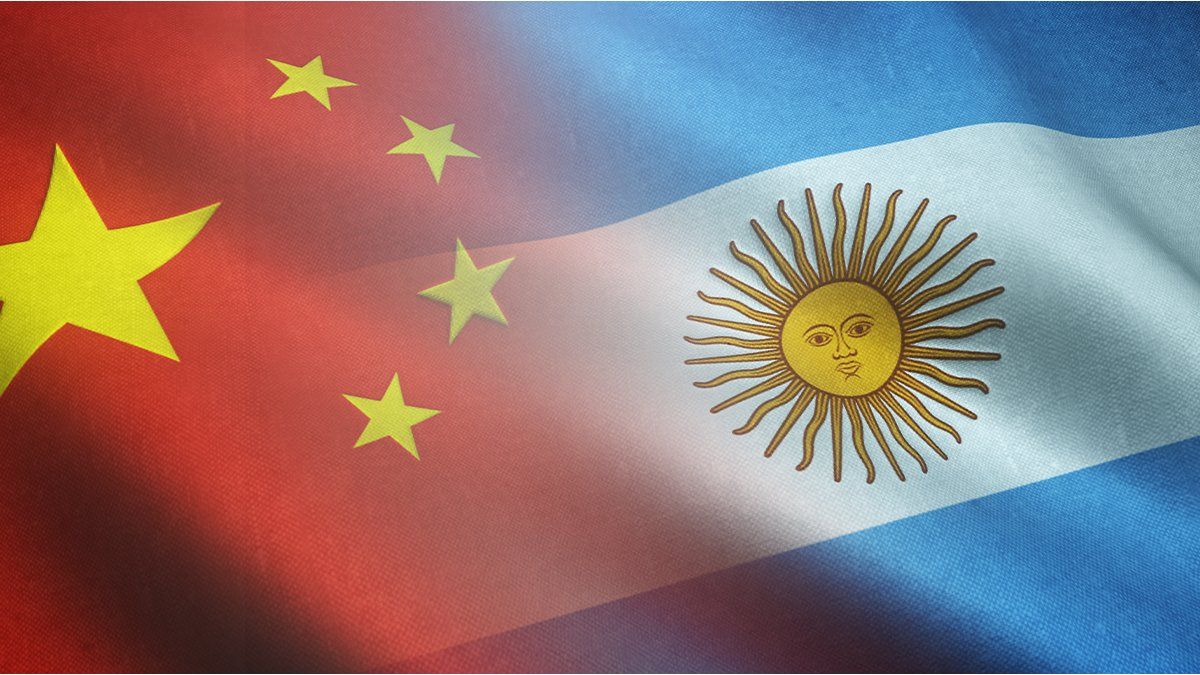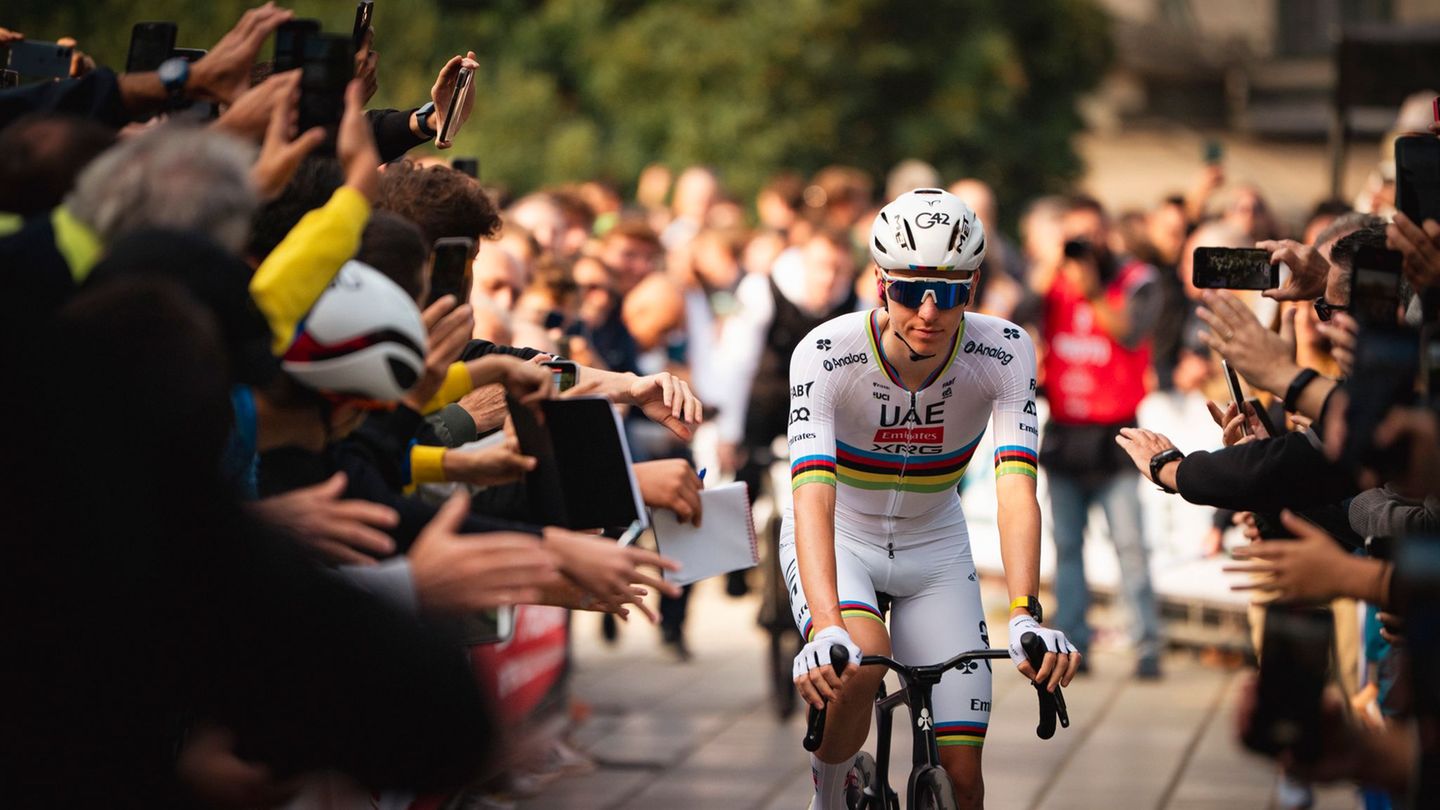Daniel Ecija: The vertigo caused by the Internet revolution and the digital world makes it feel like dystopia is less and less dystopian. The series drinks from the aforementioned series but I also tell a story about immigrants, as we Spaniards were in the 20th century, governed by dictatorships, that is where everything is born. The sensation of migration comes with the idea of having to arrive at a place with new rules in which the few freedoms that are preserved must be taken care of. In my series I always try to talk about not losing our memory, remembering what it cost us to achieve certain freedoms and rights.
Q.: In the series Spain appears divided by a fence, is it a kind of Berlin Wall?
OF: We speak from the binary, east and west, and there is a feeling in the world that everything is too binary, we lost the grays, the middle class, there is the rich and the poor, some work for others. The vehicle from above and below, north and south is always extraordinary, and unfortunately the reality of the world shows that, that there is a small percentage of humanity that has much more than another that has nothing. In Europe and the West, some of us live in an oasis without being aware that we are a minority in relation to other large continents such as Asia, Africa and sectors of Latin America that are fragile and vulnerable. In kyiv they will not have imagined that they should live in basements protecting themselves from bombing, which reminds us of world wars. There are areas that they never thought would be under occupation. Fiction is an exercise to reflect, the TV series is like a therapy for society, we have an opportunity to think with the series.
Q.: What are the platforms looking for today? How do they differ from creation and how do they catch a voracious public?
OF: The hardest part is having your own identity. You have to think about how to give the series a distinctive stamp. It is produced a lot and is released every week, there are many platforms that we enjoy and at the same time suffer from. There are series inspired by books and comics that have many followers, you have to look for new talent and focus on the communication of the series, which is one of the big problems. We live from content, from emotion and from what happens, so sometimes marketing campaigns are good for the first chapter but sometimes you can’t keep the viewer in the second and they leave you.
Q.: Spanish series are very well received in Argentina, is it the same in your country and in the rest of the world?
OF: In Spain we are a leading production center, there is more work than there ever was, which led to lower unemployment rates to limits that other professions do not have. They are moments to enjoy but it is complicated because you live with a percentage of failure, which is always there. This rate of production began with the successes of Spanish TV in the ’90s, which allowed TV channels to compete with major foreign leagues. In those times we were able to develop skill and experience in this trade, with profitable titles that gave economic revenue. I come from those times when we competed in very tough conditions and with a low budget. Now streaming and platforms improve what we were used to.
Q.: What other changes did streaming bring?
OF: He recovered profiles of niches that TV had lost, for example young people. Now they don’t have to pirate series but instead find content on the platforms. This good time will not be eternal but you have to take advantage of the trade and some talent for the series to be profitable as subscribers. I like that the seats are complete, it is fundamental, we work for the spectator and for that, the pulse of what interests society should not be lost.
Source: Ambito
David William is a talented author who has made a name for himself in the world of writing. He is a professional author who writes on a wide range of topics, from general interest to opinion news. David is currently working as a writer at 24 hours worlds where he brings his unique perspective and in-depth research to his articles, making them both informative and engaging.




